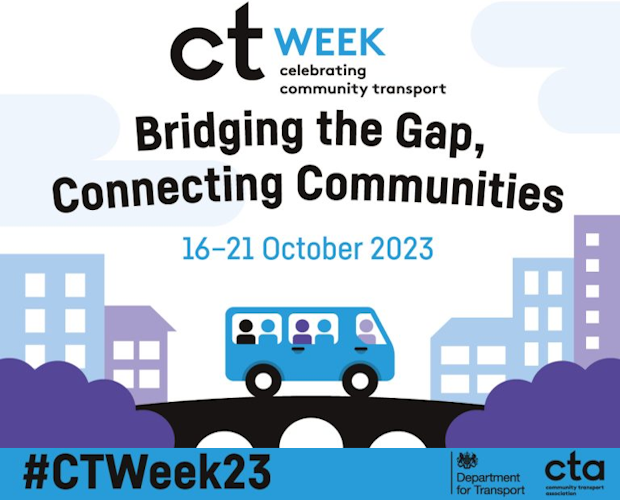T: 01822 851370 E: admin@sparse.gov.uk
Communities set to play a role in government plans for future national infrastructure

Earlier this year, the government asked the National Infrastructure Commission to review the infrastructure planning system and the role National Policy Statements play in it. The government was seeking to improve the timeframe for the decision-making process and ensure a robust system was in place.
National Policy Statements are produced by government and give reasons for the policy set out in the statement. They must also include an explanation of how the policy takes account of government policy relating to the mitigation of, and adaptation to, climate change. They comprise the government’s objectives for the development of nationally significant infrastructure in a particular sector and state. They also include any other policies or circumstances that ministers consider should be taken into account in decisions on infrastructure development. NPSs undergo a democratic process of public consultation and parliamentary scrutiny before being published and they provide the framework within which Examining Authorities make their recommendations to the Secretary of State.
The Commission published its report in April, making 6 recommendations:
- By 2025, government should introduce legislation to make at least 5-yearly reviews of the National Policy Statements for Energy, Water Resources and National Networks a legal requirement. These statements should include clear tests, refer to spatial plans and set out clear timelines and standards for consultation during pre-application. Reviews should consider the appropriateness of existing and future technologies and thresholds. Government should amend legislation to bring onshore wind into the Nationally Significant Infrastructure Project system as soon as possible. By 2025, government should also set out the criteria for triggering reviews of other National Policy Statements.
- By July 2024, government should introduce a system of modular updates to National Policy Statements linked to primary or secondary legislation to ensure clarity on how future legislative change relates to National Policy Statements.
- By the end of 2024 the Department for Environment, Food and Rural Affairs should introduce a data sharing platform for environmental data with clear data standards, sharing relevant developer and local nature recovery strategy data. By the end of 2025 statutory consultees should develop a library of historic and natural environmental mitigations for different kinds of infrastructure. Statutory consultees should also receive and use new resource to gather baseline data and agree strategic mitigations for urgent infrastructure, firstly for wind generation and electricity transmission, and then water resources, by the end of 2025.
- By the end of 2023 government should develop a framework of direct benefits for local communities and individuals where they are hosting types of nationally significant infrastructure which deliver few local benefits.
- By the end of 2023 a central coordination and oversight mechanism should be developed, reporting to the Prime Minister or the Chancellor, with measurable targets for reducing consenting times for Nationally Significant Infrastructure Projects.
- By May 2024 performance indicators for statutory consultees operating under a cost recovery model should form part of compulsory service level agreements with developers, with budget implications for failure to meet agreed service levels. Developers’ applications should only be accepted for examination once a service level agreement is in place.
The government has now published its response to these recommendations (read in full here) and crucially has committed to ensuring communities which support delivery of infrastructure receive benefits from doing so. This has also been included the publication of the government’s Transmission Acceleration Action Plan which aims to ensure communities which host transmission infrastructure understand the choices they can influence.
 |
RSN Chief Executive Kerry Booth says this is a step in the right direction:
|
YOU MAY ALSO BE INTERESTED IN
SIGN UP TO OUR NEWSLETTER
Sign up to our newsletter to receive all the latest news and updates.









